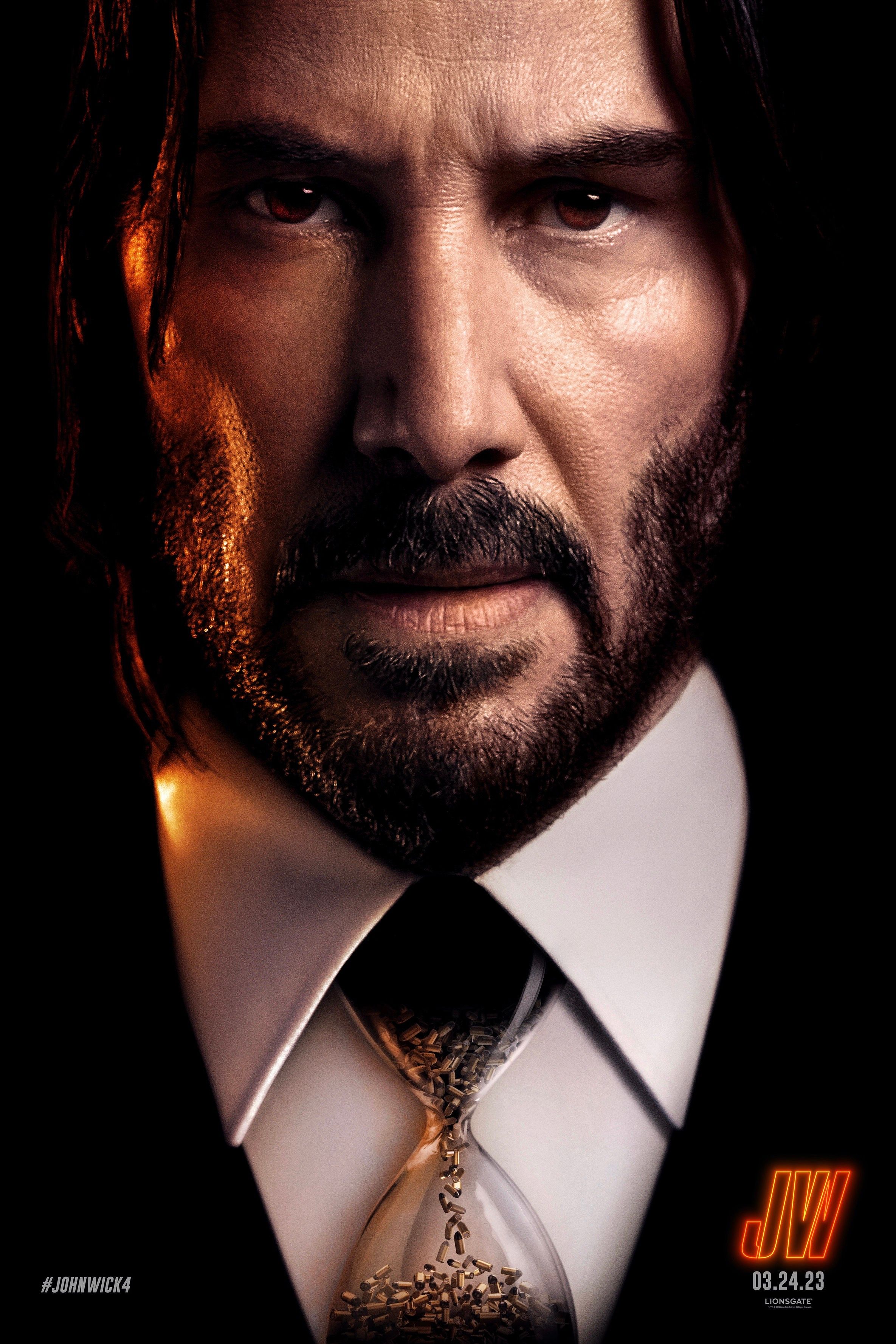Sylvester Stallone's 1978 Oscar Regret: The Coming Home Story

Table of Contents
The Phenomenon of Rocky and its Impact
Released in 1976, Rocky was more than just a boxing film; it was a cultural phenomenon. Its raw, authentic portrayal of an underdog fighter resonated deeply with audiences worldwide, catapulting it to unprecedented box office success. This wasn't just a financial victory; Rocky garnered significant critical acclaim, solidifying its position as a cinematic masterpiece.
-
Box Office Success and Lasting Legacy: Rocky not only broke box office records for its time but also established a lasting legacy, influencing countless boxing films and inspiring generations of aspiring athletes. Its success proved that a low-budget film, driven by a compelling story and powerful performance, could achieve global recognition.
-
Critical Praise and Awards Received Before the Oscars: Before the 1978 Oscars, Rocky had already won numerous awards and accolades, including a Golden Globe for Best Motion Picture – Musical or Comedy. This pre-Oscar recognition cemented its status as a critical darling, further fueling the anticipation for the Academy Awards.
-
Cultural Relevance and Influence on Future Boxing Films: Rocky's cultural impact extended beyond the box office. It redefined the boxing film genre, moving beyond simplistic narratives to explore themes of hope, perseverance, and the human spirit. Films like Raging Bull and Million Dollar Baby owe a significant debt to the groundwork laid by Rocky. The 1976 film, therefore, transcends mere entertainment; it holds a distinct place in cinematic history.
Stallone's Oscar Nomination and the Subsequent Loss
Sylvester Stallone received two Oscar nominations in 1978: Best Actor for his iconic performance as Rocky Balboa and Best Original Screenplay for penning the film's unforgettable story. This dual nomination highlighted the film's remarkable success and Stallone's undeniable talent.
-
The Other Nominees in the Best Actor Category: Stallone faced stiff competition from renowned actors like Richard Burton, Warren Beatty, and Peter Finch. The level of competition certainly contributed to the intensity of the evening.
-
The Winning Actor and the Film They Starred In: Peter Finch won the Best Actor Oscar for his role in Network. While a deserving win, it left many wondering what could have been for Stallone, and whether the Academy voters appreciated the raw, authentic performance presented in Rocky.
-
Public Reaction to the Results: The public reaction to the results was mixed. While many celebrated Finch's win, a significant portion expressed their disappointment that Stallone, the heart and soul of Rocky, didn't take home the coveted Best Actor award. This public sentiment contributes to the ongoing discussion surrounding Stallone's potential "Oscar Regret."
Analyzing the "Regret": Speculation and Interpretations
Did Sylvester Stallone harbor any regret about losing the Oscar? The answer remains shrouded in speculation. While there are no direct, definitive statements from Stallone explicitly stating regret, analyzing his post-1978 career trajectory and comments made over the years offers some insight.
-
Interviews and Quotes from Stallone (if available) on the Subject: While Stallone hasn't explicitly voiced regret, his public demeanor often suggests a quiet acceptance of the outcome. His focus has always been on his work, and the legacy of Rocky speaks volumes.
-
Analysis of His Career Trajectory Post-1978: Stallone's career continued to flourish after 1978. The Rocky sequels, along with other successful franchises like Rambo, solidified his position as a major Hollywood star. This suggests that the Oscar loss didn't significantly derail his career.
-
Opinions from Film Critics and Historians: Film critics and historians often debate the decision, with many suggesting that Stallone's performance deserved recognition. The ongoing discussions highlight the impact and cultural significance of Rocky and its lead actor.
The Legacy of Rocky and its Continued Relevance
Despite the potential for "Oscar Regret," the enduring legacy of Rocky undeniably overshadows any perceived disappointment. The film's impact on cinema continues to resonate.
-
The Numerous Sequels and Their Impact: The Rocky franchise continued with several successful sequels, showcasing the longevity and enduring appeal of the character and story. These sequels have further cemented Rocky's place in popular culture.
-
The Enduring Popularity of Rocky Among Audiences: Rocky remains incredibly popular with audiences globally. Its themes of perseverance and the human spirit continue to inspire, making it a timeless classic.
-
Stallone's Continued Success in the Film Industry: Stallone's career is a testament to his resilience and talent. His continued success in the film industry proves that the 1978 Oscars did not define his career trajectory, and that the absence of a golden statuette didn’t diminish his cinematic achievements.
Conclusion: Sylvester Stallone's 1978 Oscar journey, while potentially tinged with a hint of regret, ultimately pales in comparison to the monumental success of Rocky and its lasting impact on cinema. Though the Oscar may have eluded him that year, his legacy as a cinematic icon remains undeniable. Learn more about this fascinating chapter in cinematic history by exploring further into Sylvester Stallone's 1978 Oscar experience and the enduring power of Rocky.

Featured Posts
-
 Mntn Ipo Ryan Reynolds Company Eyes Next Week Launch
May 11, 2025
Mntn Ipo Ryan Reynolds Company Eyes Next Week Launch
May 11, 2025 -
 Eric Antoine Et Sa Compagne Une Relation Discrete Loin Des Cameras M6
May 11, 2025
Eric Antoine Et Sa Compagne Une Relation Discrete Loin Des Cameras M6
May 11, 2025 -
 Aaron Judge At 1 000 Games Hall Of Fame Case Building
May 11, 2025
Aaron Judge At 1 000 Games Hall Of Fame Case Building
May 11, 2025 -
 John Wick 5 Update Thrilling Developments Release Date A Mystery
May 11, 2025
John Wick 5 Update Thrilling Developments Release Date A Mystery
May 11, 2025 -
 B And W Heavy Hitters All Star Event Big Bass Payday At Smith Mountain Lake Next Week
May 11, 2025
B And W Heavy Hitters All Star Event Big Bass Payday At Smith Mountain Lake Next Week
May 11, 2025
